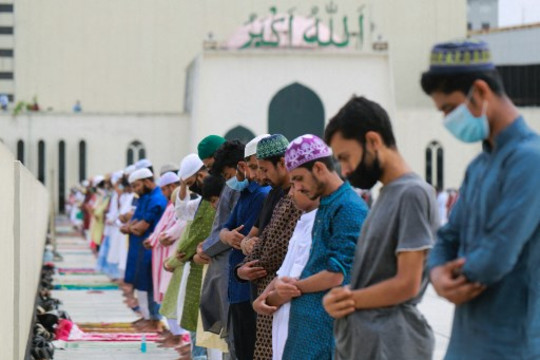The owner of Guardian Publications, Nur Mohammad, was arrested by the police on 10 February at his home in Dhaka, the capital of Bangladesh, on charges of associating with suspects accused of spreading fake news about the Prime Minister and her son, according to media reports.
This case, which falls under the 25th section of the country’s oppressive Digital Security Act, could send Mohammad to prison for life. This section criminalizes any content that tarnishes the image of the nation.
Since the beginning of the pandemic, the government has increased its pressure on press freedom and freedom of speech, targeting all journalists, artists or social activists that have spoken out against the government or criticized the government’s response to the health crisis.
Authorities have made huge efforts in censoring media, arresting those who speak out and increasing surveillance on the possible spread of alleged rumours around the Covid-19 virus.
Three journalists were charged on February 4 under the Digital Security Act for publishing material alleged to have the potential to ‘destroy communal harmony and create unrest’.
IFJ General Secretary, Anthony Bellanger, said: “The Bangladeshi government has exceeded its mandate by censoring and silencing critical voices. We urge the authorities to stop the threats and arbitrary detentions of journalists and media rights activists who exercise their right to express their views and work in freedom"

